Discover
Our organisation
Accueill | Our organisation
General Scope of AICC
Established in September 2022, the AICC (Action, Inaction Facing Climate Change) initiative is a think tank dedicated to critically assessing existing knowledge on climate change and devising solutions that facilitate the shift from inaction to action. These solutions are designed for discussion with policymakers, businesses, citizens, and other relevant stakeholders. The interdisciplinary consortium consists of 25 founding partners—primarily researchers—working at 15 universities and research centers in France, Belgium, Switzerland, Canada, and the United States. Technological considerations, user demand (consumption, mobility, energy, heating/cooling), pricing, regulation, and legislation lie at the heart of our initiative. Our consortium takes an interdisciplinary approach by bringing together experts in economics, finance, social choice, engineering, political economy, physics, and environmental sciences. We believe that insights from diverse fields are essential for addressing the current situation, which too often risks being described as inaction.
Political and Legal Aspects:
The role of government agencies and legislation in formulating strategies and policies to address climate challenges.
Human Behavior and Well-Being:
Changes in consumer behavior, lifestyles, and adaptation strategies.
Markets, Public and Private Financing:
Analysis of financial mechanisms, investment activities, tax policies, and public–private interactions.
Space, Transport, and Urban Planning:
Sustainable urban development, mobility, transport infrastructures, and land use.
CO₂ Production and Sequestration:
Emissions and the use of CO₂, including its role in industry, mitigation technologies, and innovative recycling methods.
Themes
Explore the various themes addressed by the AICC consortium. Each theme is examined in light of the diverse challenges arising from climate disruption.
Our Communication Strategy
The communication strategy will rely on various types of contributions, each following a common format as outlined below.
Most contributions will be published online. Every member of the consortium will be responsible for disseminating their chosen topic, either through video conferences or recorded sessions (with a panel of experts), as indicated below. Each topic will proceed at its own pace. However, a sufficient number of contributions should be available before the official launch.
Current State of Knowledge
What do we currently know?
This includes a review of the literature, quantitative data, research avenues, and an overview of existing efforts.
Proposed Solutions
Which solutions are being considered?
Are they economic, technological, legal, or political?
Constraints and Obstacles
What are the technological, individual, political, and commercial barriers to implementing the proposed solutions? Issues of uncertainty and mistrust should also be addressed.
Recommendations
Recommended actions for various stakeholders: consumers, producers, and government.
Format of Contributions
Each contribution follows a four-step structure.
Recorded Lectures
Two types of lectures are envisioned:
- Short Video Series
Typically split into standalone videos of 5 to 15 minutes each. Several videos on the same topic will be offered and organized into “chapters” of a single lecture. - Standard Lecture
A single video covering a topic in 30 to 45 minutes. This format is suitable for contributors who have sufficient experience to maintain an online audience’s attention over a longer period.
All lectures will be published on the AICC website dedicated to the FUN MOOC platform and, at a later stage, on other platforms.
While intended primarily for students and researchers, the lectures also target citizens interested in climate change.
For a session, an AICC consortium member will invite two to four external experts to discuss the member’s topic. Questions are posed by the session organizer or a moderator (who may moderate one or more sessions). Sessions are typically less technical than lectures and are intended for a broader audience. They may take the form of a roundtable, bringing together several experts—often from different disciplines—to share their perspectives on the same topic. A session can be independently recorded or included as part of a conference or workshop.
Sessions
Conferences
The AICC consortium will organize conferences for an audience of academics, ministerial staff (environment, transport, energy, finance, trade), consultants, and stakeholders. We will encourage media coverage of these events in order to reach new, wider audiences and, where possible, relevant stakeholders.
Consortium members will convene for multi-day workshops to examine a limited number of topics and produce white papers, primarily targeting policymakers and stakeholders (in addition to broader academic dissemination). A limited number of specialists may be invited, depending on the topics. These workshops can also serve as an opportunity to expand the membership of the AICC consortium.
Conferences, sessions, and selected materials from the lectures and workshops will be publicly available on our website.
Workshops
Final Comments
This pillar concerns the dissemination of information. A large number of stakeholders—out of ignorance, lack of interest, or a sense of fatalism—continue to believe that climate change is not within their purview. Yet foundational knowledge is essential not only for researchers and students, but also for citizens, consumers, businesses, and public authorities.
This pillar involves the development of motivating and feasible solutions that meet economic, social acceptability, technological, and environmental standards. Discussions about climate change often skew toward excessive optimism (by 2050 or 2060, everything will be resolved) or excessive pessimism (it is already too late to act). Meanwhile, only a few solutions—often dogmatic or counterproductive—are proposed, without any comprehensive analysis. We need holistic approaches, which, in many cases, extend beyond the borders of countries implementing climate measures. Technology transfer, knowledge exchange, and large-scale financial support must be effectively carried out. The complexity of these issues can be more effectively addressed through an interdisciplinary approach.
